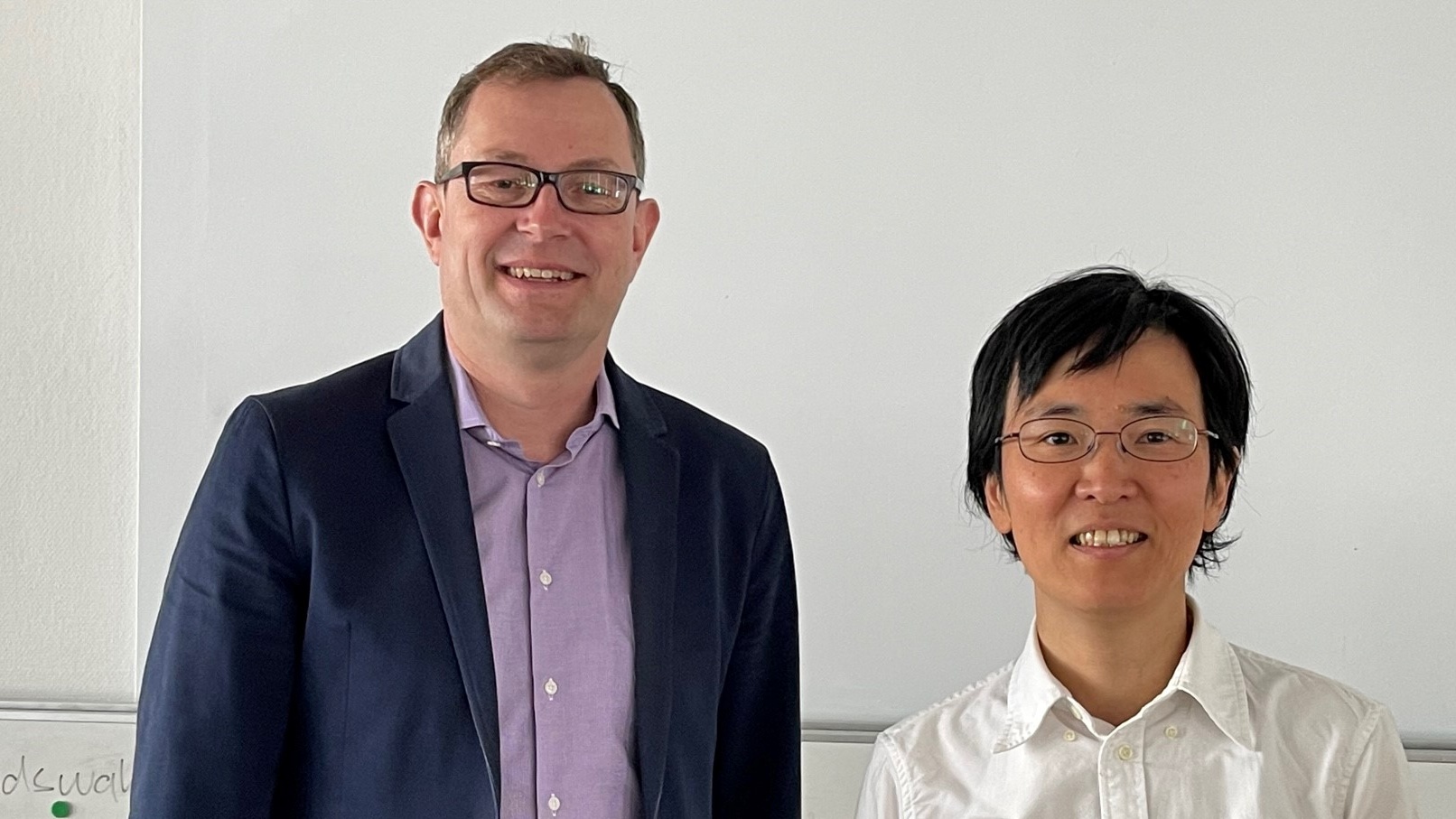On April 7th, 2022, Dr. Natsuka Tokumaru gave a presentation at our first in-person event in 2022 on Changing Human Resource Management in Japan through AI-enabled Technology and Related Ethical Issues, which delved into the future of work and how Artificial Intelligence can offer solutions to ethical dilemmas.
The existing Human Resource Management in Japan was developed after the high economic growth following WWII. It mirrored the traditional family system and the “sacrificing oneself for the public” (Messhi-Boko) mindset. This ideal enforces a strong sense of teamwork in order to contribute to a company’s growth. In the presentation, Dr. Tokumaru outlined the three different membership styles within this system. The first is “being a member of a firm,” signifying that an individual is ensured a lifetime of employment upon joining a company. Secondly, the “firm-specific skills” style explains that workers become experts in their company and experience regular redeployment of labor. The final membership style, “company socialism,” puts forth a sense of solid job security.
A few ethical problems arise from this workplace environment; death due to overworking, unfair worker compensation, and an inflexible labor market. Therefore, Dr. Tokumaru sustains that the introduction of Artificial Intelligence can aid institutional change that would further the Work-Style reform legislation in Japan. Artificial Intelligence software in Human Resources can extend the possibilities of diverse working styles by making them more flexible through work-sharing between regular and non-regular workers. For example, CYDAS PEOPLE, is an AI consulting firm that provides reports on employment, training, and deployment plans for workers within a company.
Dr. Tokumaru presented an experimental design that tested how unfair compensation can change workers’ productivity and incentive. The participants would be divided into teams where they must complete computation tasks to earn points. One task requires cooperation among all members, and the other is completed individually. The payoff for each task is based on different distribution rules. She hypothesized that productivity would decrease and cheating may occur if the participants perceived that there were not being adequately compensated.
The main concern of AI in the workplace is the displacement of workers. Japanese culture places a high value on the role of work in an individual’s life. As discussed earlier in the presentation, the more time and dedication an individual puts into their work, the more honorable it is. Therefore, the automation of functions can create the fear that employment will disappear or that human input is no longer valuable since work hours are decreased. However, Dr. Tokumaru sustains that humans cannot be excluded from the economy and society, as there remain challenges and roles that only humans can take on. Creating systematic change in society will be slow.However, corporations can take steps in creating a healthier and more productive work environment for their employees by employing Artificial Intelligence software.
We want to thank Dr. Tokumaru for her interesting presentation and the discussion that followed at the IEAI’s first in-person event for 2022!

